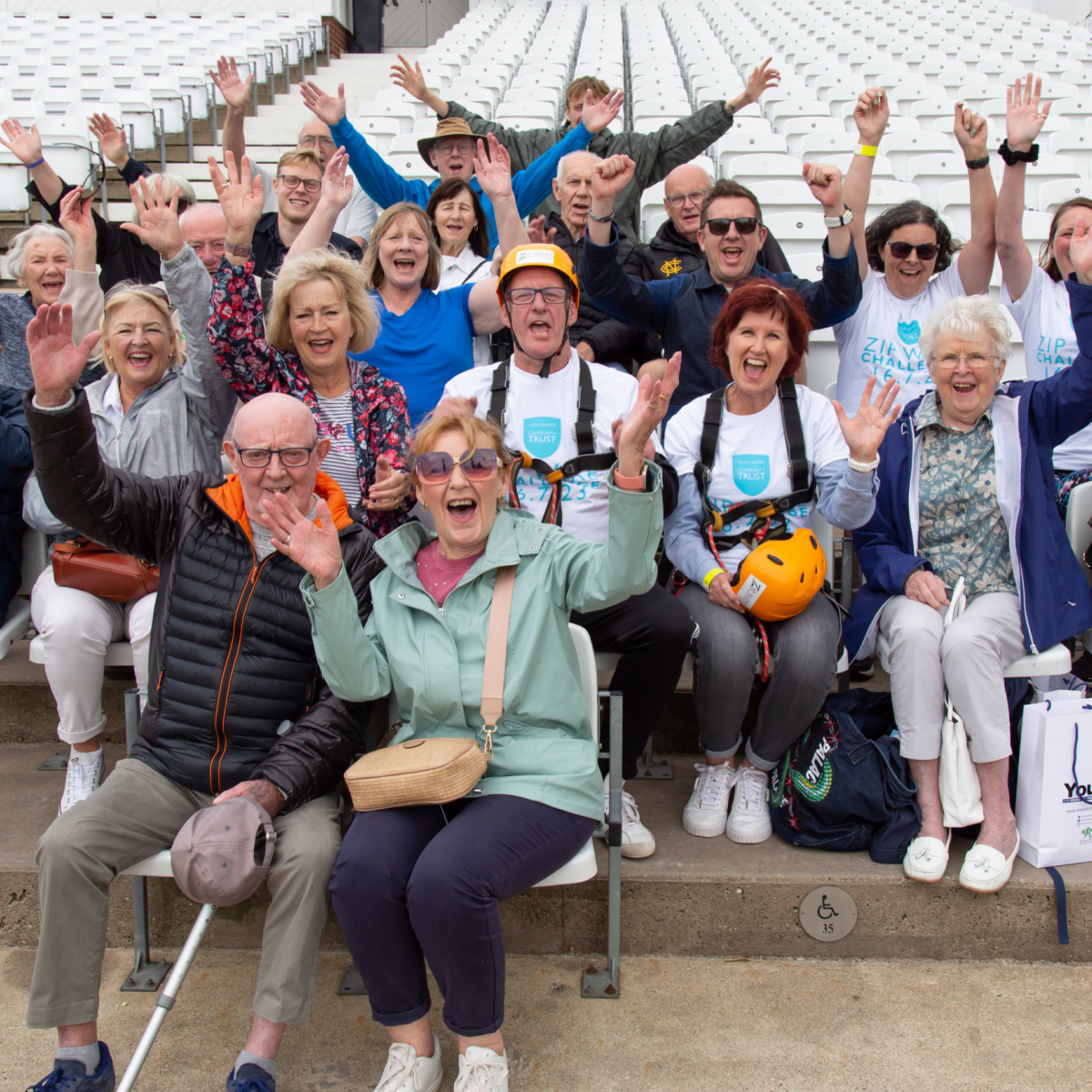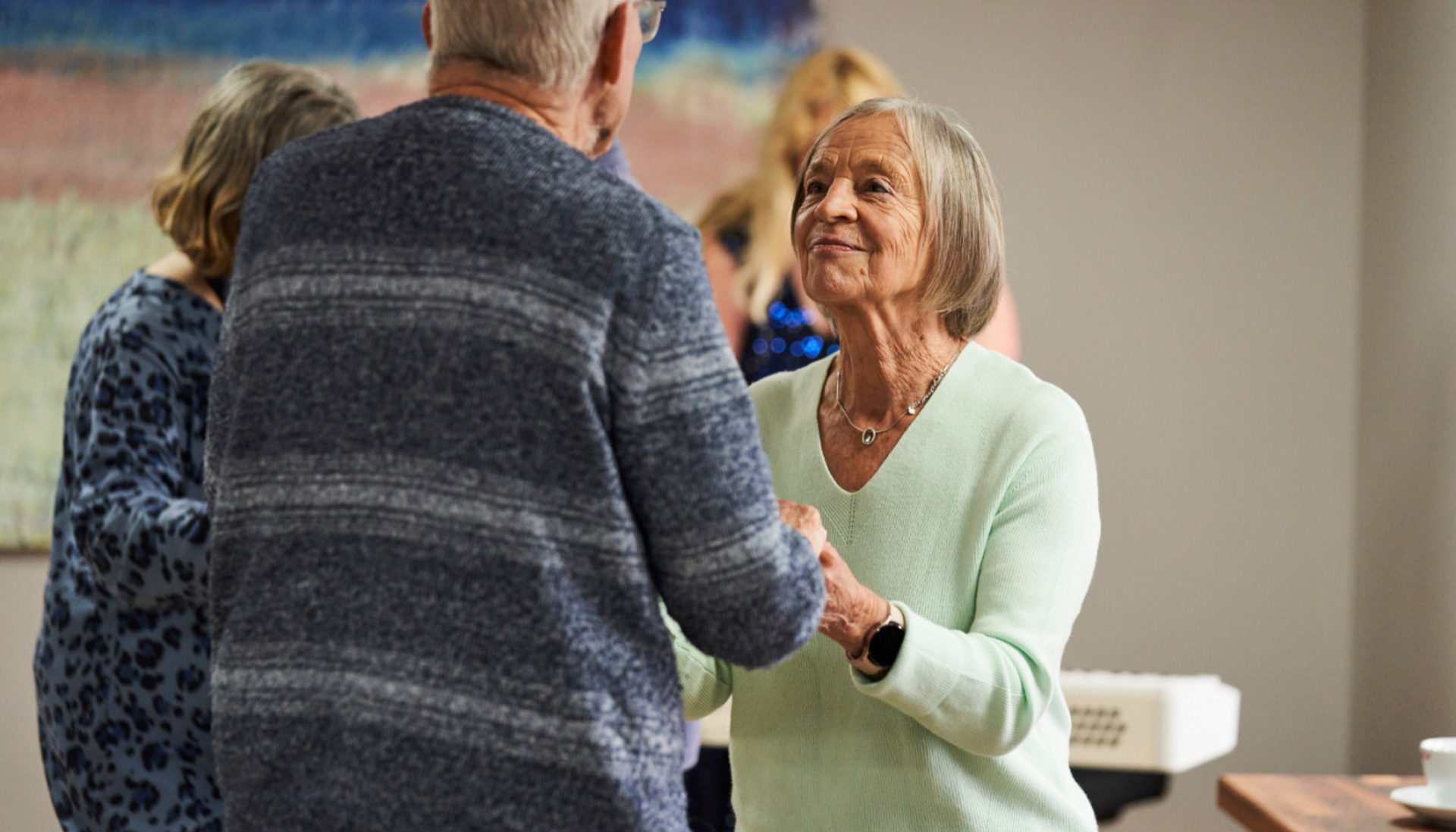Dementia - “Your Peace of Mind"
In the below Dementia related article we offer, some core principles of creating Dementia friendly environments and wellbeing planning. Insite into world research for better cognitive health, supporting you as well as we can.

Published: 25/07/2024
Supporting Dementia
While creating a dementia-friendly communities and providing reassurance are proven to reduce agitation and the symptoms of people living with dementia, it is important to remember the complexities of this condition when evaluating the right support.
Today, let's delve into these intricacies and explore how they clash with the realities we sometimes face in our community when supporting people living with Dementia.
While a dementia friendly environment is undeniably beneficial and crucial, it's important to recognise some potential pitfalls, when evaluating the right support required.
Dementia is a progressive disease, and agitation can arise due to factors beyond our immediate control, below are a few examples and possible solutions the challenges we might face.
At the end of this feature, we explain more about our own Dementia Support Programme and how it might help guide you and your family.
Christopher Tansley | Managing Director"My favourite dementia book 'From Dementia to Rementia' written by my good friend and dementia support Guru Jackie Pool, offers practical, evidence-based strategies to improve the quality of life for individuals living with dementia, as well as their caregivers. Jackie is a leading expert in the field, provides clear guidance on topics such as nutrition, stress management, communication, memory enhancement, and sleep. By dispelling common myths and fostering hope!"
Dementia Friendly Environments
We believe many causes of agitation in dementia can be minimised, a dementia friendly environment suggestions would likely include:
Clear and consistent layouts: Familiar routines and easily identifiable features help with navigation.
Soothing and predictable atmosphere: Minimising clutter, harsh noises, and excessive stimulation reduces confusion.
Routines tailored to the individual: Engaging in familiar hobbies and activities provides a sense of purpose and accomplishment.
Empathetic and trained support: Understanding communication challenges and responding with patience is key.
In theory, this creates a safe and predictable space that reduces triggers for agitation.

NEW 2024 research offers hope!
The Lancet Commission is a world leading medical journal and offers critical insights into better cognitive health.
This study reveals that a significant portion of Dementia cases could be delayed or prevented by addressing modifiable risk factors, many highlighted in the "Your peace of mind" articles on this site.
World Alzheimer Report 2025,
We highly recommend exploring the insights of the newly released World Alzheimer Report 2025, titled 'Reimagining life with dementia – the power of rehabilitation'. This landmark report, co-authored by Alzheimer’s Disease International, the University of Exeter, and the University of Sydney, sheds light on the essential yet often-overlooked area of dementia rehabilitation.
It presents a global roadmap showing how person-centred, tailored, and goal-oriented approaches can significantly help people living with dementia maintain independence, function, and participation across all stages and settings of the condition, making a strong case for embedding rehabilitation into care as a matter of right and practical economics.
Don't Face Dementia Alone, we are ready to help you.
Our specialist Dementia Support Programme is tailored to the severity of your symptoms, providing extra support and guidance where you need it most.
We combine practical and physical support with emotional advice to maximise the quality time you have at home and in your community.
We can help you with the right planning and support, to overcome daily challenges by:
- Understanding your symptoms – Working together to achieve the support required.
- Improving well-being – Encourage healthier living and meaningful connections.
- Planning to live well - Promoting your independence and social experiences.
- Defining your independence - Documenting your preferences for others to clearly follow.
